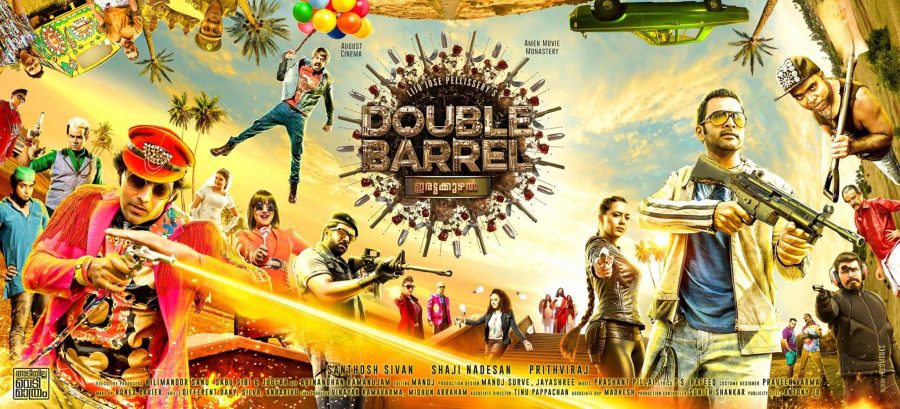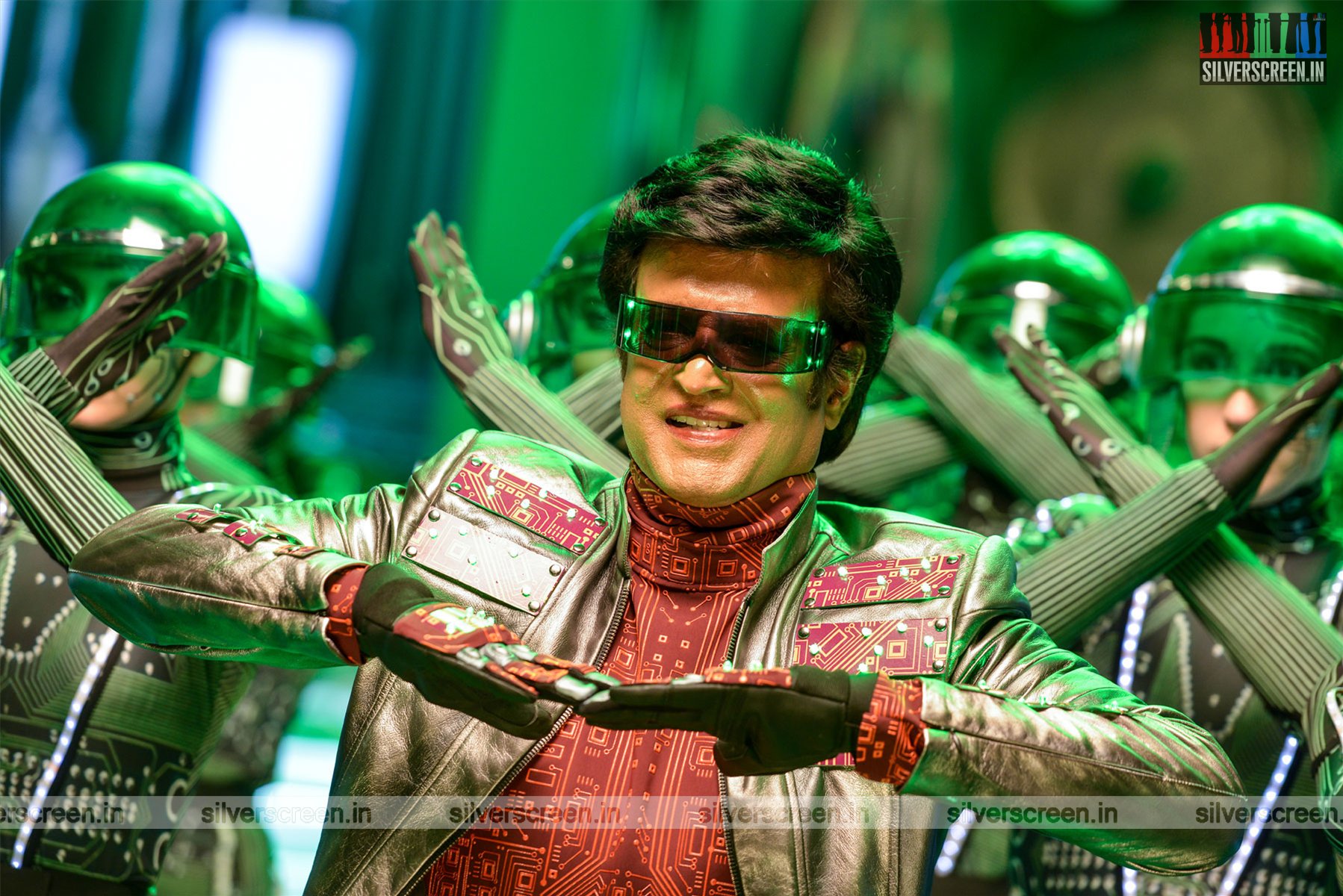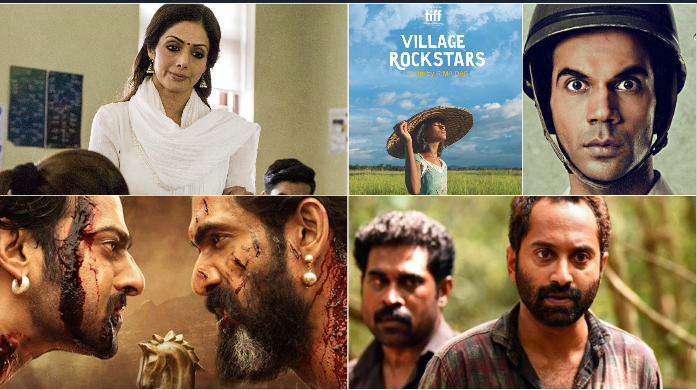This is part of a series where Silverscreen recommends films, documentaries, shorts, songs or scenes from seminal films that make for a compelling watch.
Long before Angamaly Diaries (2017) and Ee.Ma.Yau (2018), Lijo Jose Pellissery made a film that did not get the love it deserved. Fresh from the mammoth success of Amen (2013), the director announced a new project with a star cast that sparked curiosity. Double Barrel starred Prithviraj, Indrajith, Arya, Asif Ali, Sunny Wayne… and the tagline ‘No punches, only gunshots’ made for a perfect punchline in Malayalam.
The film released in August 2015 after a fair share of delay. Lead actor Prithviraj put up a lengthy Facebook post saying that Double Barrel was nothing like people have seen before. Calling it a genre-bender, rather a whole new genre for Malayalam cinema, he asked viewers to ‘take the kid in you to the theatres’ and ‘go in with a blank slate.’
Even that did not prepare viewer for what awaited them in theatres. Back when the new-wave of Malayalam cinema was fading and most filmmakers were still trying different permutations and combinations of non-linear and hyperlink narratives, Pellissery picked the latter and applied it to a genre alien to Malayalam cinema – spoof.
The end product was Double Barrel – the tale of a pair of diamonds ‘Laila and Majnu’ that had to remain together to hold value. The quest for these diamonds by various characters drives the movie forward. It is a film that strictly follows the template of comic books.

Loud
Unfortunately, the characters, dressed in loud colours and laughing hysterically at the drop of a hat, left viewers scratching their heads. Many failed to take note of the comic traits and the cartoon-like quality of the visuals.
Double Barrel was a rare instance where the ‘leave your brains behind’ formula was done right. Planting the story in the realm of comic books, the director took the liberty to do whatever he wanted with his characters.
And boy, did he exploit the opportunity! The point can be best illustrated by a death scene in the movie. The protagonists Pancho (Prithviraj) and Vinci (Indrajith) are at a Russian don’s funeral when Vinci’s phone goes off. In the middle of trying to silence it, they fear for their life momentarily. Most directors, in their attempt to express this emotion, would’ve reduced the situation to a character mouthing the dialogue “Oh, I almost died”.

Jesus Selfie
However, Pellissery employs the ‘show-don’t-tell’ principle and stages it cinematically. He stages a dream sequence where our protagonists die, reach heaven, meets Jesus, click a selfie and come back. Very unlike routine death sequences where the story shifts to an entirely different realm, as seen in movies such as Gladiator.
What’s also worth mentioning is that selfie is used as a trope in the movie. It released at a time when the selfie-craze had caught on among people and teenagers were falling off cliffs trying to get selfies clicked. Pellissery succeeds at taking a dig at the behavioural tendencies of society through a spoof.
The movie extrapolates its cartoonish nature by making characters of different ethnicities speak in the same language. For example, Russians, Africans, and Keralites speak one language – Malayalam. In another instance, two gangs are ready to fight, each waiting for the other to make the first move. An unsuspecting fart eventually triggers the fight!
In spite of the numerous disclaimers stating that the story takes place during a time before scientists discovered logic, Malayali viewers lived up to their reputation – they remained hostile towards unfamiliar content.
Recommended
Plenty of movies such as Guppy and Aadu that went unnoticed in theatres have gone on to catch viewers’ attention on DVD. However, Double Barrel still remains unloved. The renewed interest in Lijo Jose Pellissery after his last two movies should motivate the viewer to give this another try.
Also read:
The Timelessness Of Onnu Muthal Poojyam Vare
‘Before My Eyes’, Mani Kaul’s Ode To Kashmir
A Group Of Youngsters Dissect The Idea Of India In ‘I Am 20’
Star-Crossed Lovers Of Annayum Rasoolum
The Mass Appeal Of Spadikam And Aadu Thoma



